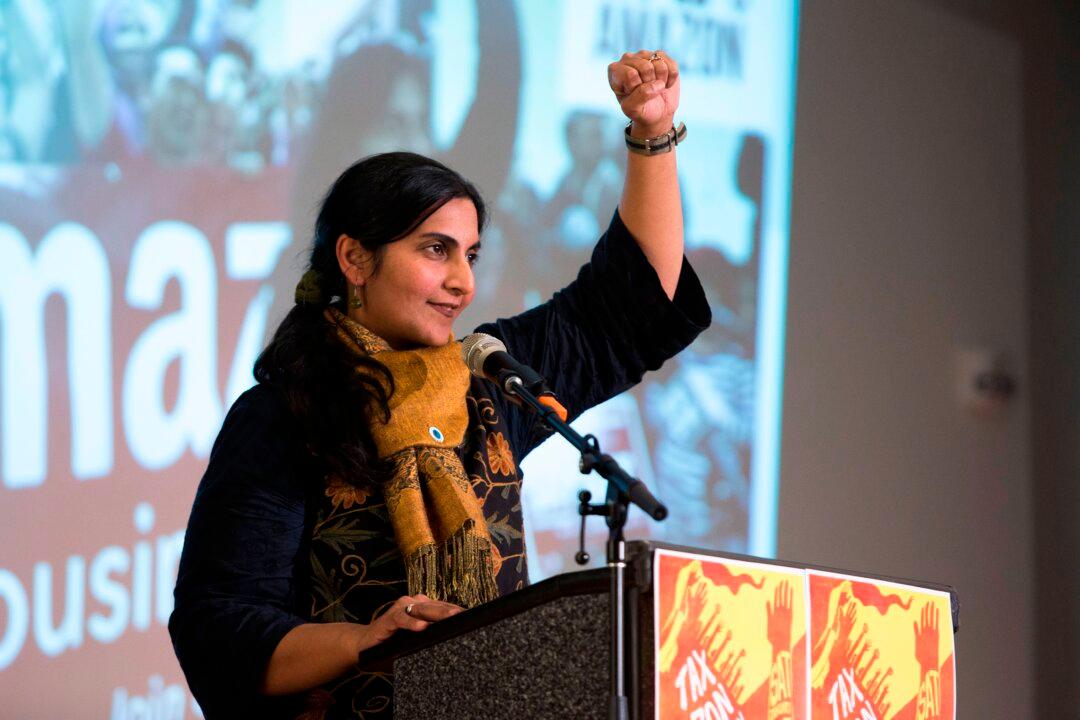The Washington state Supreme Court on Thursday ruled that efforts to recall Seattle City Councilmember Kshama Sawant can move forward.
Sawant, a socialist representing Capitol Hill and the Central District, faced a recall after being accused of abusing her office by letting a large group of protesters into city hall last year with her passkey, using city resources in promoting a ballot initiative to impose taxes on Amazon, and outsourcing decisions regarding the hiring and firing of city employees to her party’s executive committee.





